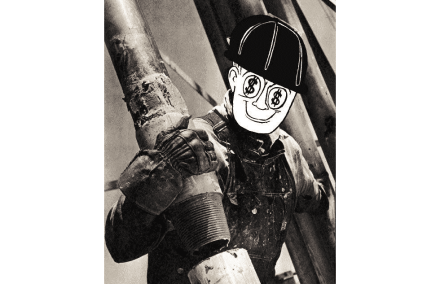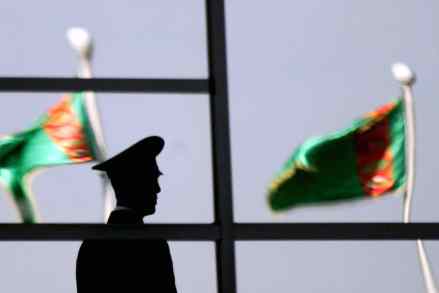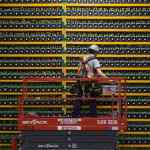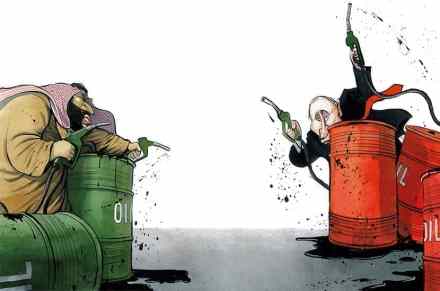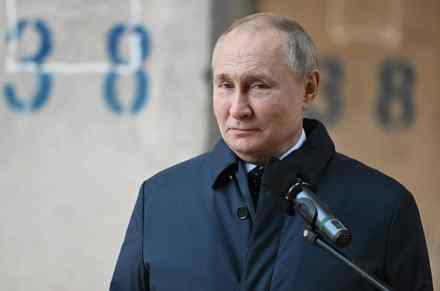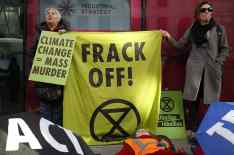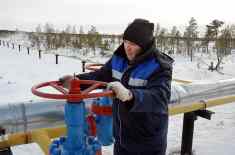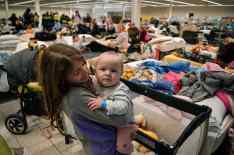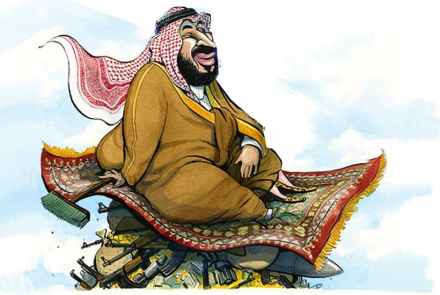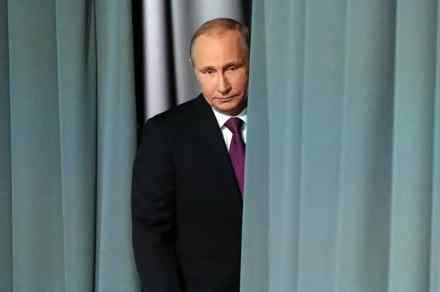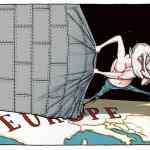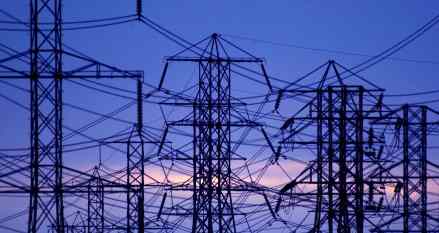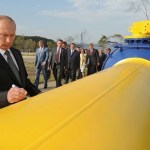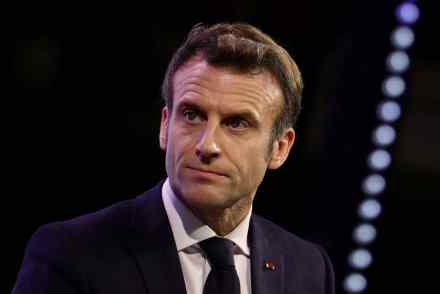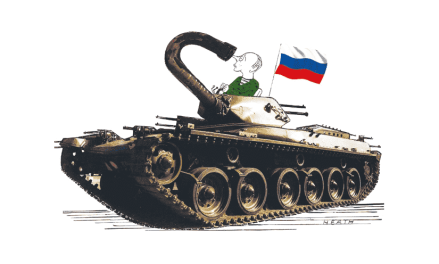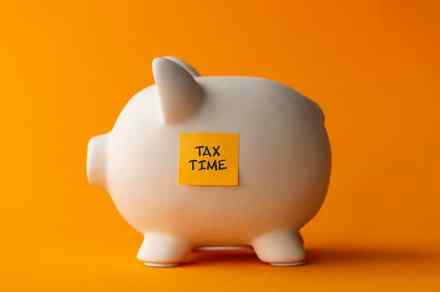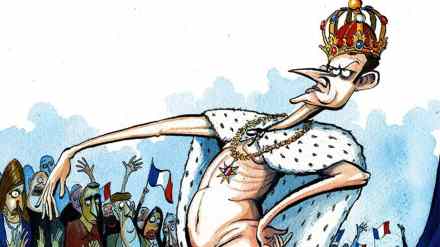The West needs to spread doubt and fear
Zakhar Prilepin is a well-known novelist in Russia and an ultra-nationalist warrior in Donbas. Once a member of the National Bolshevik party (yes, the left/right implications of its name are as bad as they sound), he is now a strong Putin supporter. He appeared on Russian state TV last Sunday to emphasise that the Russians should not try to appear nice and humane to the West (not a clear and present danger, one would have thought). Prilepin argued that Russia’s approach should be as harsh as possible: ‘If they [the West] are seriously afraid of the conflict with Russia, of WWIII, of nuclear war or the escalation of the conflict,



